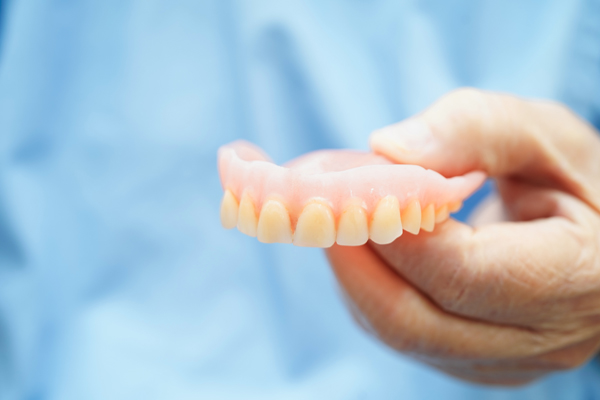 Dental bridges are an effective teeth replacement option. This restorative dental procedure enhances your oral function and the appearance of your smile. If you are looking to restore your smile, dental bridges are a reliable and long-lasting option.
Dental bridges are an effective teeth replacement option. This restorative dental procedure enhances your oral function and the appearance of your smile. If you are looking to restore your smile, dental bridges are a reliable and long-lasting option.
Understanding dental bridges
Dental bridges are prosthetic devices designed to bridge the gap created by one or more missing teeth. These devices are anchored by adjacent natural teeth or dental implants. A dental bridge typically consists of one or more artificial teeth, known as pontics. The pontics are then secured using abutments. Abutments are the natural teeth or implants that support the bridge on either side of the gap.
Types of dental bridges
There are four main types of dental bridges. They cater to a wide variety of dental needs. These options include the following:
Traditional dental bridges
Traditional bridges consist of a pontic held in place by crowns cemented onto the abutment teeth. This option is ideal for individuals with natural teeth on both sides of the gap.
Cantilever dental bridges
Cantilever bridges are ideal when there is only one adjacent tooth available to support the bridge. This design is typically recommended for teeth that experience less stress, such as the front teeth.
Maryland bonded bridges
Maryland bridges, also known as resin-bonded bridges, use a metal or porcelain framework to hold the pontic in place. This framework is bonded to the back of the adjacent teeth, making it a more conservative treatment option.
Implant-supported bridges
Implant-supported bridges rely on dental implants rather than natural teeth for support. This option is particularly appropriate for those missing several teeth in an arch and provides superior stability and durability.
Benefits of dental bridges
As a teeth replacement option, dental bridges offer a variety of advantages. Some commonly cited benefits include:
- Improved oral function: Bridges restore the ability to chew and speak properly by filling the gap caused by missing teeth.
- Boost in smile appearance: Replacing missing teeth with dental bridges improves the appearance of the patient’s smile.
- Prevention of teeth shifting: By filling the gap between teeth, dental bridges prevent the surrounding teeth from shifting out of position, maintaining proper alignment.
- Durability: With proper care, dental bridges can last many years, providing a cost-effective solution to tooth loss. Depending on the type of dental bridge, they can last from 10-30 years.
Maintenance and care
The durability of dental bridges depends on the patient's care and maintenance routine. Regular brushing and flossing can prevent plaque buildup around the bridge and adjacent teeth. Dental professionals may recommend special flossing tools to effectively clean under the pontic.
Additionally, routine check-ups with a general dentist ensure that the bridge remains secure and free from damage. Maintaining a healthy diet and limiting the consumption of hard or sticky foods further protects the bridge from unnecessary stress.
Call our office to schedule a consultation
Dental bridges are a trusted solution for restoring missing teeth and improving oral health. Are you ready to learn more? Call our Carrollton office to schedule a consultation.
Request an appointment or call Carrollton Smiles at 757-712-0212 for an appointment in our Carrollton office.
Related Posts
You can have a complete smile with a dental bridge. Tooth loss interrupts proper eating and speaking. This dental replacement option allows the wearer to regain proper oral function. Knowing how a dental bridge can bring back your oral functionality can motivate you to set an appointment with your dentist soon.It can be challenging to…
Losing a tooth can affect more than just your smile; it can also impact how you eat, speak, and maintain oral health. Dental bridges are a popular and effective solution for filling gaps left by missing teeth. By understanding the different types of dental bridges, you can work with a general dentist to find the…
A dental bridge is an effective solution for replacing missing teeth and restoring function and appearance. When considering a dental bridge, patients often encounter two main options: traditional and Maryland bridges. Understanding the differences between these types can help patients make an informed decision tailored to their specific dental needs and preferences.A traditional dental bridge…


